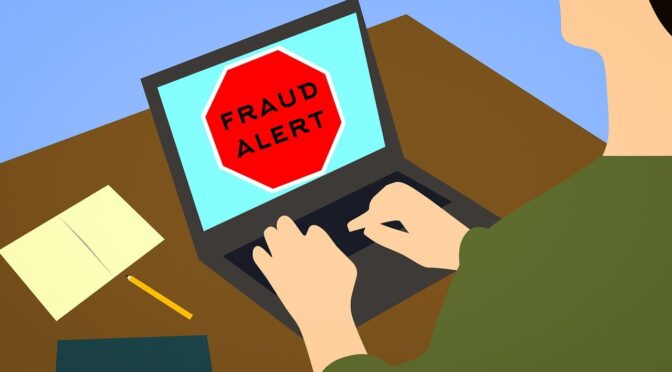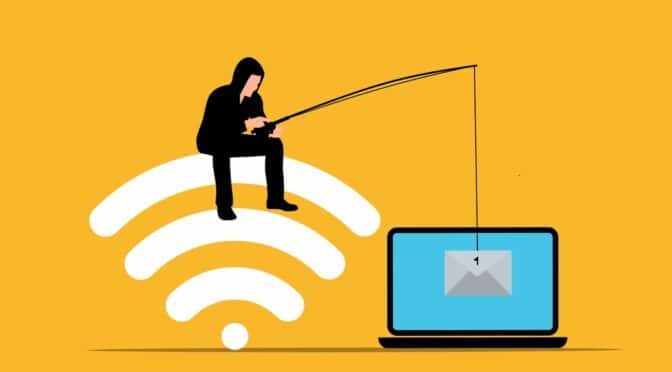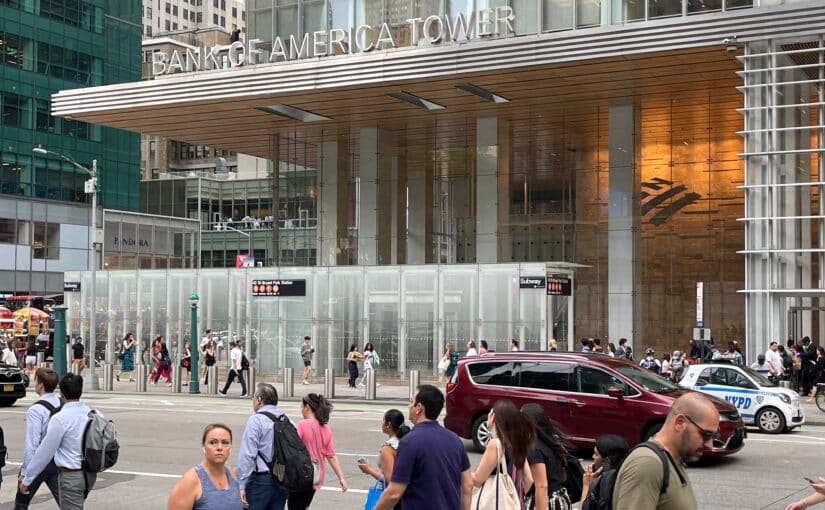by Barbara Nevins Taylor
A recent tweet urged us to contribute to a charity for victims of the Boston bombings. While it certainly appealed to me and may be legitimate, it also made me stop and think. Who are these people and how did they put something together so quickly? Those of us inclined to donate, should ask serious questions about the charities that are appealing to our sense of kindness, generosity and honor.
It’s a good idea to take a breath before you click through to donate.
The Federal Trade Commission (FTC) issued its second alert this week about Boston bombing charity scams.
The FTC says, “In general, urgent appeals for aid that you get in person, by phone, mail, e-mail, or on websites and social networking sites may not be on the up-and-up.”
Here are 6 tips for checking out the charity:
- Ask for the name of the charity if the telemarketer does not provide it promptly.
- Ask what percentage of your donation will support the cause described in the solicitation.
- Verify that the charity has authorized the solicitation.
- Do not provide any credit card or bank information until you have reviewed all information from the charity and made the decision to donate.
- Ask for a receipt showing the amount of the contribution and stating that it is tax deductible.
- Avoid cash gifts. For security and tax record purposes, it’s best to pay by check – made payable to the beneficiary, not the solicitor.
Contact the FTC
If you think a fraudster contacted you visit the FTC’s Complaint Assistant or call 1-877-FTC-HELP (1-877-382-4357).
Tell your story
We want your story. If some scammer contacted you, tell ConsumerMojo.com. We want to share your story with the world.
Like us on Facebook and Follow us on Twitter.


